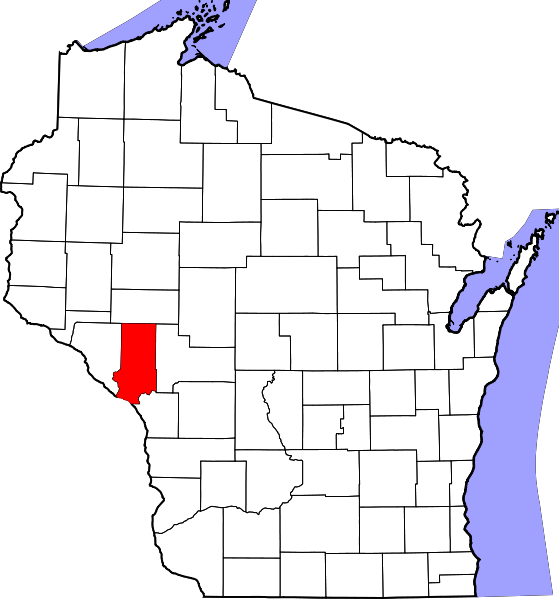Wind farm tempest blows through Trempealeau; Developer considers suing county over ordinance
(read the article at its source by clicking here)
Trempealeau County's wind farm ordinance hasn't yet generated a lawsuit, but that might be AgWind Energy Partners LLC's only choice.
At least that's how Jordan Hemaidan of Madison-based Michael Best & Friedrich LLP sees it.
"There are many considerations that have to go into when or whether or not to file a lawsuit," he said. "AgWind is not pursuing one at this time, but it reserves the right to bring a lawsuit forward at the time of its choice."
Hemaidan represents the Holmen-based wind farm developer and, earlier this month, he sent a letter to county officials saying judicial review of the ordinance and a court order overturning it could be in order.
Jim Naleid, AgWind's managing director, opposed the county's ordinance when it passed at the end of November because it placed a vast amount of restrictions on wind farm development.
The ordinance requires that developers place wind turbines at least one mile from neighboring residences, schools, hospitals and businesses. It is the longest setback distance imposed to date by a Wisconsin government.
"There is not one square inch of land," Naleid told the County Board in December, "where a commercial wind turbine can be legally sited under this ordinance."
Hemaidan said the legal problem is state law requires that restrictions on renewable-energy development only be established in lieu of public health or safety concerns, if the restrictions don't significantly increase or decrease efficiency costs, or if they allow for alternative and comparable systems.
"It is our belief," Hemaidan said, "that any court reviewing (Trempealeau County's ordinance) would have the basis to conclude that many of the requirements were not developed in faithfulness to public health and safety."
But Greg Leonard, the county's Department of Land Management director, said public safety was the only thing taken into consideration by the citizens committee that drew up the ordinance.
"All the setbacks were established," he said, "with public safety in mind."
The committee did not review if the ordinance would effectively restrict any wind farms from being built in the county, Leonard said, because that was not its charge. He added that he didn't know the extent of the restrictions because he had a tough time reading the colors on the accompanying map of the county.
AgWind installed a meteorological tower in the county to measure wind speeds last year with an eye on pursuing a wind farm development.
Leonard would not comment on what specifically triggered the committee to draft the ordinance, but he said committee members worked on it for a long time.
Ryan Schryver, energy policy specialist with Clean Wisconsin, said counties that put in extensive restrictions on renewable-energy development run the risk not only of lawsuits from developers, but also intervention from the state.
"(Trempealeau County) effectively eliminated any possible development there," he said. "Wisconsin is moving in a direction toward more renewable energy and less dependence on coal, and it could get to a point where the state or region steps in and says, ‘You can't put ordinances like that in place.'"
While the state isn't legally allowed to do that, the law could be changed, said Eric Callisto, executive assistant to Public Service Commission Chairman Dan Ebert.
"There is a definite possibility in looking at the issue as a statewide initiative," he said. "Whether or not something happens this session, I can't say. This session ends in March, so something would have to be done quickly, but there could yet be a real dialogue about it."
Given Gov. Jim Doyle's steadfast views on growing renewable energy throughout the state and the positive economic effects renewable-energy developers generate, municipalities need to leave their doors open to all possibilities, Callisto said.
"Putting out a message that renewable energy is not welcome in Wisconsin is a mistake," he said. "We can't and don't want to be sending out mixed signals on that."
